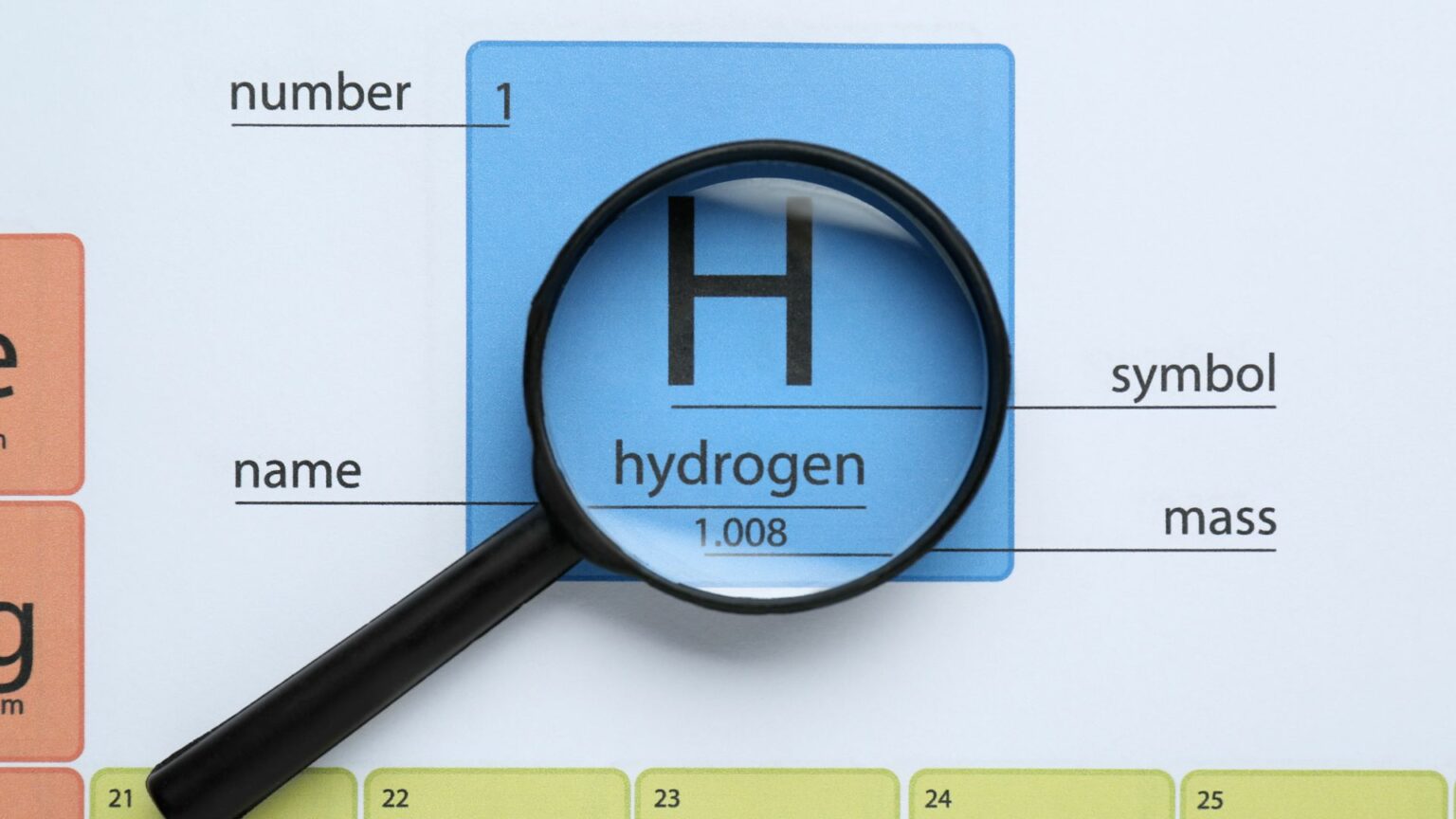A recent study by researchers Weifeng Huang, Minghong Liu, Caizhi Zhang, Tong Niu, Zuhang Fu, Xiaoxia Ren, and Cheng Siong Chin introduces an innovative method for predicting the lifespan of proton exchange membrane fuel cells (PEMFCs), a crucial component in the hydrogen energy industry.
Relevance & Context
The durability and reliability of PEMFCs are vital for their broader adoption in energy markets, particularly for applications such as hydrogen-powered vehicles and renewable energy storage. Understanding and predicting the lifespan of these fuel cells can greatly enhance their viability and efficiency, reducing costs and improving performance.
Research Findings
The study presents a novel approach combining experimental results with a combinatorial optimization algorithm to predict the life expectancy of PEMFCs accurately. The algorithm leverages extensive experimental data to refine its predictive capabilities, offering more accurate and reliable life predictions than existing models.
Technical Details & Methodologies
The research employs a detailed experimental setup to gather comprehensive data on the performance and degradation patterns of PEMFCs over time. By integrating this data with a combinatorial optimization algorithm, the researchers developed a predictive model to anticipate potential failure points and degradation rates with higher precision.
Potential Applications
This advanced predictive model has significant implications for various applications within the hydrogen industry. Manufacturers can use these insights to design more durable fuel cells, while operators can optimize maintenance schedules and improve the overall reliability of hydrogen energy systems. Additionally, the model can be applied in real-time monitoring systems to predict and prevent failures before they occur.
Market Relevance
In the rapidly growing hydrogen market, particularly with increasing investments in hydrogen-powered transportation and renewable energy solutions, the ability to predict fuel cell lifespan accurately is invaluable. It promises reduced downtime, lower maintenance costs, and enhanced performance, all of which contribute to the goal of making hydrogen energy a competitive alternative to traditional fossil fuels.
Broader Implications
Beyond immediate applications, this research opens new avenues for further investigations into fuel cell technologies. It can inspire the development of more sophisticated predictive models and optimization algorithms across different types of fuel cells and energy systems.
Key Takeaways
– Innovative Method: The study introduces a new predictive model using experimental data and a combinatorial optimization algorithm.
– Enhanced Accuracy: The model offers more precise life predictions for PEMFCs, outperforming existing approaches.
– Wide Applications: This can significantly benefit fuel cell manufacturers and operators, improving design, maintenance, and performance.
– Market Impact: Accurate lifespan predictions are crucial for the hydrogen market’s growth, promising reduced costs and increased reliability.
The findings represent a notable advancement in hydrogen research, providing valuable tools and insights that can drive the industry forward. As the world continues to seek sustainable energy solutions, such predictive models are essential in ensuring the practicality and efficiency of hydrogen technologies.
